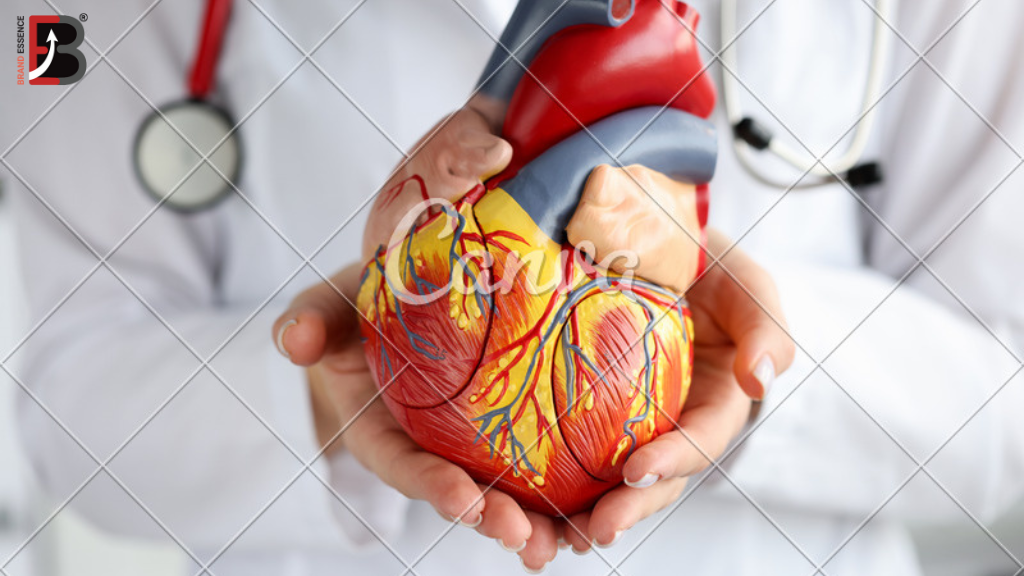Revolutionizing Healthcare: The Advancement of Artificial Organs
In the realm of medical innovation, the evolution of artificial organs stands as a testament to the extraordinary progress we’ve made in healthcare. These sophisticated creations not only offer hope to patients in need of transplants but also pave the way for a future where organ shortages may become a thing of the past.
A Symphony of Engineering Marvels
Artificial organs are not mere replicas; they are marvels of engineering, intricately designed to mimic the form and function of their natural counterparts. From artificial hearts that pump blood tirelessly to synthetic kidneys that filter toxins, these technological wonders aim to seamlessly integrate with the human body, restoring functionality and improving quality of life.
A Solution to the Organ Shortage Crisis
One of the most significant challenges in healthcare has been the shortage of donor organs. Artificial organs present a groundbreaking solution to this crisis, offering a viable alternative for patients awaiting transplants. As technology advances, these synthetic organs hold the potential to alleviate the burden on transplantation waiting lists, providing timely interventions for those in critical need.
Enhancing Quality of Life
For individuals suffering from organ failure, the impact on their quality of life can be profound. Artificial organs bridge the gap, offering a chance at a more fulfilling and active life. Whether it’s a synthetic pancreas regulating insulin or an artificial lung providing oxygenation, these innovations aim to restore normalcy and independence for patients battling organ-related challenges.
Challenges on the Horizon
While the strides in artificial organ development are remarkable, challenges persist. Issues such as biocompatibility, long-term durability, and the risk of complications need to be addressed for these innovations to become mainstream. However, ongoing research and technological advancements are continuously pushing the boundaries, overcoming hurdles, and bringing us closer to a future where artificial organs are commonplace.
The Intersection of Medicine and Technology
Artificial organs represent the harmonious intersection of medicine and technology, showcasing the power of human ingenuity to address critical health issues. As these innovations become more sophisticated, the potential for combining them with other emerging technologies like artificial intelligence and biotechnology opens up new frontiers in healthcare.
Artificial Organs: A Gateway to a New Era of Health
To explore the latest developments in artificial organ technology and its impact on healthcare, visit joyblissraw.com. This platform serves as a valuable resource for those curious about the future of medicine and the role artificial organs play in shaping a healthier tomorrow.
Ethical Considerations and Public Perception
The integration of artificial organs into healthcare raises ethical considerations and questions about public perception. As these technologies become more prevalent, discussions around equitable access, affordability, and societal acceptance become crucial. Navigating these aspects is fundamental to ensuring that the benefits of artificial organs are accessible to a broad spectrum of the population.
Artificial Organs: A Testament to Human Innovation
In conclusion, the evolution of artificial organs stands as a testament to human innovation and our relentless pursuit of solutions to complex health challenges. While there is still much to explore and refine, the progress made so far sparks optimism for a future where artificial organs become integral to mainstream healthcare, offering renewed hope and improved outcomes for patients around the world.

